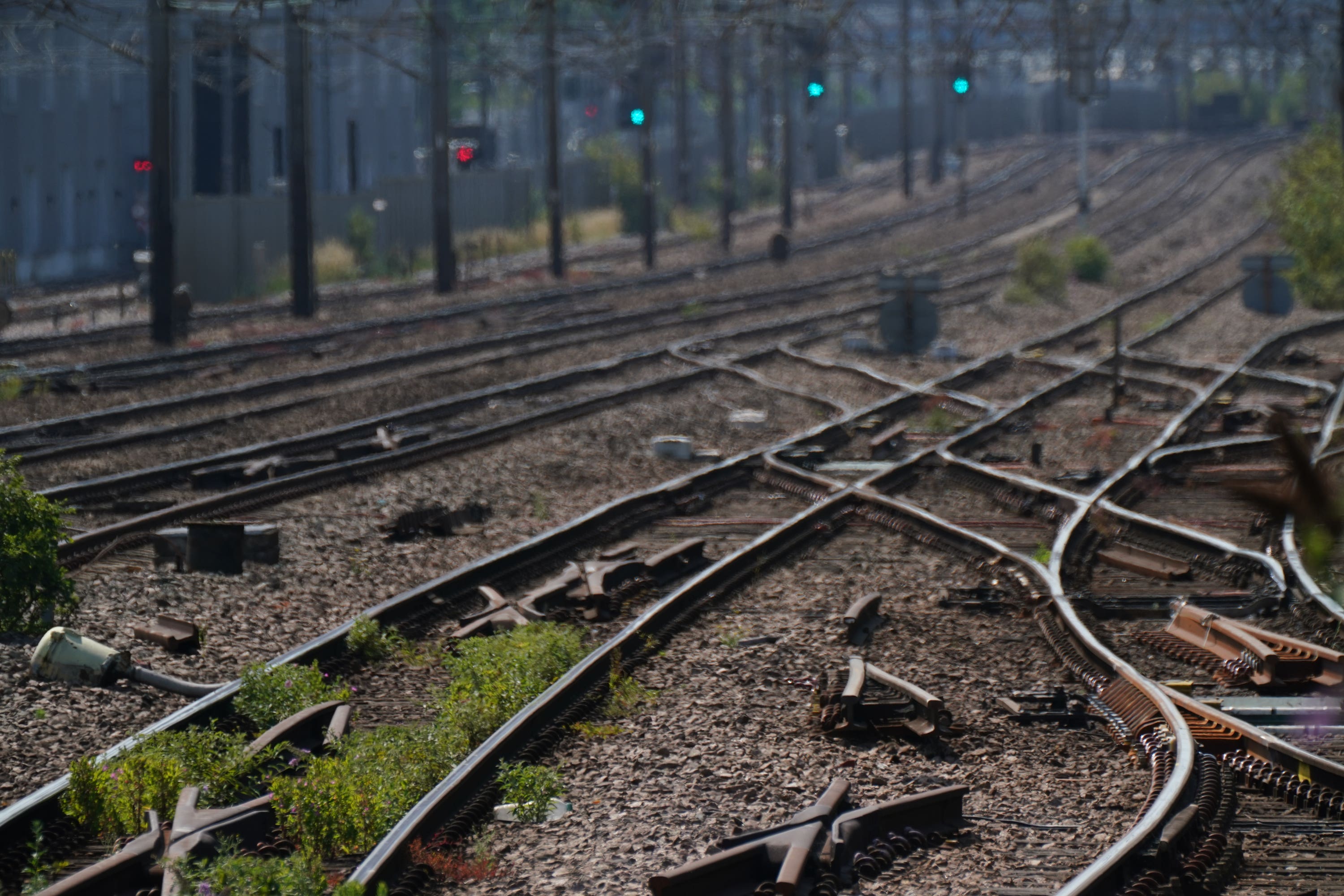Government launches ‘shadow’ body to overhaul Britain’s railways
Transport Secretary Louise Haigh has established Shadow Great British Railways.

A “shadow” version of a new public sector body to oversee Britain’s railways has been launched by Transport Secretary Louise Haigh.
The Cabinet minister said establishing Shadow Great British Railways (Shadow GBR) will pave the way for the creation of an organisation to manage rail infrastructure and train operation.
This is expected to start industry collaboration ahead of the formation of GBR, which will require legislation.
The announcement was made as the Passenger Railway Services (Public Ownership) Bill – which will nationalise train operation – is expected to clear its remaining stages on Tuesday before the House of Lords examines it.
The Government claims this will save taxpayers up to an estimated £150 million every year in fees currently paid to private train companies.
PA news agency analysis shows nearly a quarter (23%) of rail journeys in Britain are on services that are already publicly-owned.
Ms Haigh said: “Today, I am firing the starting gun on the biggest reforms to our railways in a generation.
“I am determined to end the chaos, delay and disruption faced by people on train journeys every day.
This is about making the railways work for the people that use them - putting passengers first and driving up performance
“Establishing Shadow Great British Railways marks a significant step towards delivering a unified railway with passengers at its heart by bringing together track and train, and, by progressing the Passenger Railways Services Bill, we’re one step closer to public ownership which will help put our railways back on track.
“This Government will direct every penny into creating a stronger, more reliable rail network that works for everyone.
“This is about making the railways work for the people that use them – putting passengers first and driving up performance.”
Ms Haigh announced that a Rail Sale will be held early next year, offering discounts of up to 50% on train tickets.
She said that tap-in tap-out ticketing will be expanding to a further 45 stations due to nearly £27 million of Government funding.
This will include Stansted Airport station in Essex, where many airline passengers travelling from London have been fined for not having a ticket, mistakenly believing they can travel with Oyster or contactless payment cards.
Watchdog London TravelWatch figures show around 16,000 people were fined for not having the correct ticket at the station in 2019.
The Government is reviewing feedback from a consultation on proposals to lower the minimum age for train drivers from 20 to 18.
The DfT said the reforms announced on Tuesday “would not be possible to deliver while industrial disputes are ongoing”, which is why the Transport Secretary “is prioritising ending the longest national strike in the history of the railways”.
A pay offer aimed at ending a dispute with train drivers was made last month.
The deal, which is to be voted on by the Aslef union, would include a backdated 5% increase for 2019 to 2022, 4.75% for 2022 to 2024 and a further 4.5% for 2024 to 2025.
Jacqueline Starr, chief executive of industry body the Rail Delivery Group, said: “We welcome the announcement of the further rollout of the pay-as-you-go technology to 45 stations next year.
“This is another important step towards providing simpler and convenient fares and ticketing for our customers.
“We look forward to working with the new Shadow Great British Railways on this initiative and others that will improve the overall experience for everyone on our railways.”
Andy Bagnall, chief executive of Rail Partners, representing private sector rail organisations, said: “Train companies have been calling for the establishment of Great British Railways for many years but rushing to ban the use of contracted operators, before working out the details of this wider reform, is a political decision that offers few practical benefits for passengers.
“When the Government is facing huge financial challenges, it is counter-intuitive to remove the only part of the rail system with a track record of driving growth and reducing subsidy for taxpayers.
“Nationalisation could be costing taxpayers £1 billion per year by the end of this Parliament.”
Bookmark popover
Removed from bookmarks